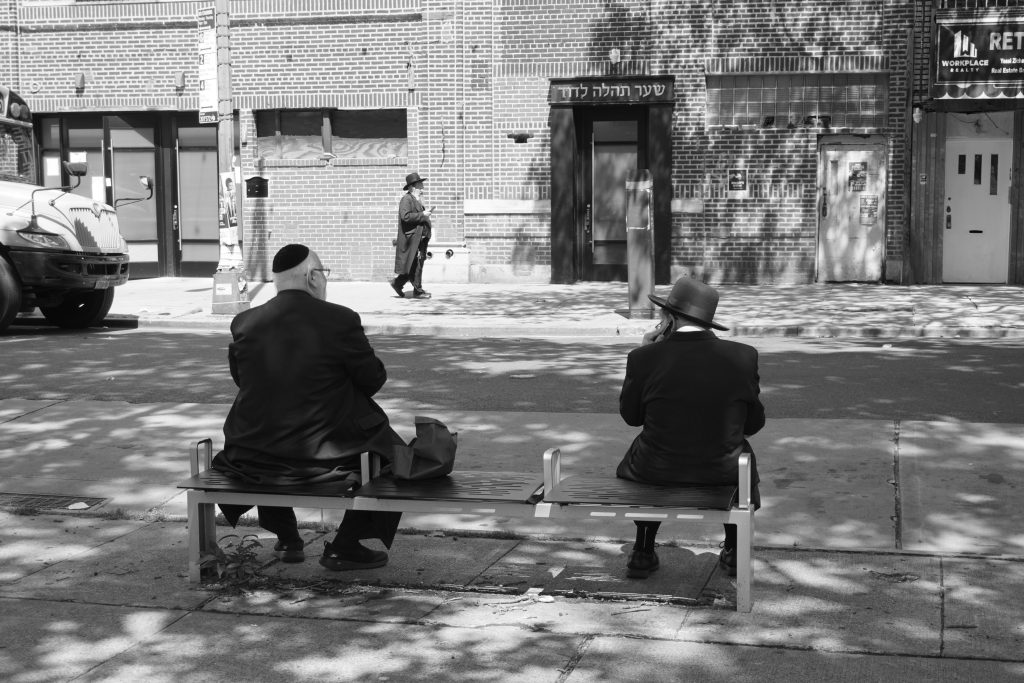As the sun sets on October 2, 2024, Jewish communities around the world will gather to celebrate Rosh Hashanah, the Jewish New Year, marking the beginning of a period of reflection, renewal, and hope. This two-day holiday, which concludes at nightfall on October 4, is a time for families and friends to come together, partake in age-old traditions, and embrace the themes of repentance and gratitude.
Rosh Hashanah, literally translated as ‘Head of the Year’ in Hebrew, is one of the most significant times in the Jewish calendar. It invites individuals to pause and evaluate their actions over the past year and to set intentions for the year ahead. The holiday is rich with customs that enhance the spiritual experience, including the ceremonial blowing of the shofar, a ram’s horn that calls the faithful to repentance, and the eating of symbolic foods.
Among the most cherished traditions is the consumption of round challah, which represents the cycle of the year and the continuity of life. This sweet bread is often dipped in honey, symbolizing wishes for a sweet year ahead. Families may also partake in festive meals featuring dishes like apples and honey, pomegranates, and fish heads, each carrying its own significance and representing blessings for the forthcoming year.
Communities across various regions have developed their unique ways of celebrating Rosh Hashanah, with local gatherings and services that resonate with the themes of the holiday. In places like Hoboken and Jersey City, special events and services are organized to welcome both seasoned practitioners and newcomers to the festivities. These gatherings often include prayer services, community meals, and educational sessions about the holiday’s meanings and customs.
As Rosh Hashanah approaches, many individuals reflect on their personal journeys and the connections they share with their faith and community. It is a time to reach out to friends and loved ones with greetings such as ‘Shanah Tovah,’ wishing them a good year ahead. This sense of community and shared hope is woven into the fabric of the celebration, making it a profoundly meaningful occasion.
Rosh Hashanah also emphasizes the importance of self-improvement and accountability. Many use this time for personal introspection, seeking to mend relationships, and making resolutions that align with their values and aspirations. It serves as an opportunity to not only reflect on the past but also to embrace the future with optimism and a renewed spirit.
As we prepare for Rosh Hashanah 2024, let us remember the significance of this holiday that invites us to celebrate life, acknowledge our imperfections, and strive for a better tomorrow. Whether through traditional rituals or modern interpretations, the essence of Rosh Hashanah remains rooted in unity, reflection, and hope for the year to come.
In conclusion, Rosh Hashanah is not just a start of a new year; it is a celebration of life, community, and the unyielding human spirit. As we gather around our tables, let us embrace the customs that bind us, and welcome the new year with open hearts and minds, ready to write our next chapter.

